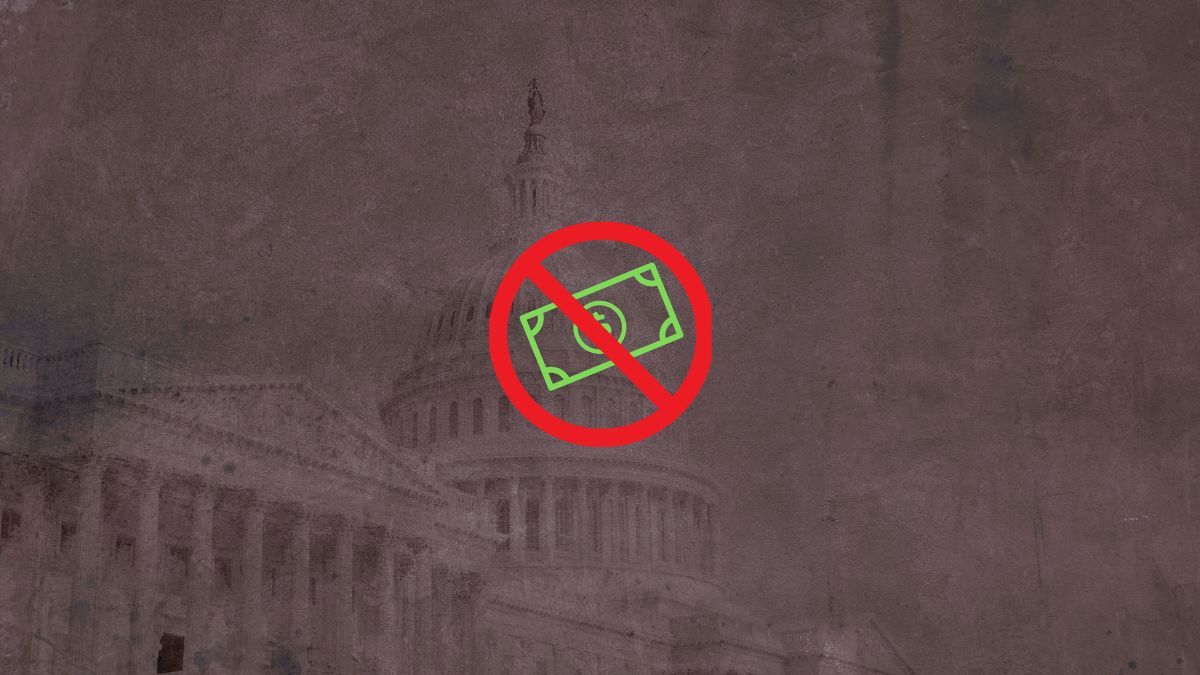This week, the government shutdown will become the longest in US history, breaking the previous record from President Trump’s first term. North Carolinians have begun to feel the disruptions and effects of the shutdown more sharply, something advocates and government workers warn could get worse by mid-November.
North Carolina Governor Josh Stein has been both vocal and proactive during the shutdown. He has continually called on Congressional Republicans to resolve the shutdown without raising the cost of health insurance by letting ACA tax credits expire.
“Leaders in Washington must come back to the negotiating table to reopen the government, stop health care premiums from skyrocketing, and ensure stability for hardworking people across the state and the country,” said Gov. Stein.
He has also pushed for Republicans in the state legislature to return to Raleigh and take action to minimize the impact on North Carolinians. In the meantime, Stein has worked behind the scenes to support food banks around the state. Last week, he announced that a combined donation of nearly $18 million had been negotiated between the state and multiple organizations.
“With the help of generous partners, North Carolina is taking action to keep families fed,” said Stein. “Shoring up our state’s food banks will serve as a critical, but fleeting, lifeline for families in need, and I hope other North Carolina organizations will also step up in this time of need. Whether it’s paying our military, ensuring no child goes hungry, or lowering health care costs, leaders in Washington need to come together immediately to find a bipartisan solution that provides long-term stability for millions of Americans.”
The announcement came during a week of uncertainty for the families who rely on SNAP. Until last Friday, the Trump administration seemed determined to withhold SNAP funding for November despite having billions in a contingency fund that has been used to keep SNAP flowing during past shutdowns.
An eleventh-hour court order late Friday afternoon directed the administration to use the available funds to keep SNAP open. As of this week, the USDA says it will send partial payments to SNAP recipients, though the payments will likely be delayed. The partial payments are expected to be only 50% of the normal amount.
WIC, which provides supplemental food assistance to women, infants, and children, has also been kept open for now. The Trump administration used tax money collected from consumers through tariffs on imported goods to temporarily fund WIC. Along with the money that Gov Stein’s administration was able to secure, NC’s WIC program should remain open through November.
With SNAP payments being lower than normal and likely late as well, many families are turning to food banks and programs like WIC as a way to fill the gap.
More than 1.4 million people in North Carolina rely on SNAP to help put nutritious and healthy food on the table, and WIC supports about 262,000 North Carolina women, infants, and children who rely on the program for access to nutritious food.
“We are really concerned because we cannot make up for SNAP,” said Ali Hard, policy director for the National WIC Association. “Even if [families are] eligible for both programs, we still can’t cover that gap of what SNAP covers for groceries.”
Between the court-ordered partial SNAP funding, the secured WIC funding, and ongoing donations to food banks, hopefully, North Carolina can soften the blow for November.
On top of millions impacted by federal food aid, there are over 81,000 federal government workers in North Carolina, many of whom have been furloughed, while many others continue to work without pay. Among those working without pay are the hundreds of air traffic controllers and TSA agents in the state’s airports. Last week, workers saw the first $0 paychecks after the partial mid-October checks included some September hours from before the shutdown.
Airport staff have worked diligently to keep flights running smoothly, but Mac Johnson, a former TSA worker at Raleigh-Durham International who now heads a government worker union, warns that things are getting harder to continue behind the scenes.
He said that while TSA agents will “continue to come to work as long as they have funds available to buy gas,” many are already being forced to rely on food banks and make decisions about which bills can be paid late. Both TSA agents and air traffic controllers have reported picking up side work through Uber and DoorDash to make ends meet.
Another major group facing uncertainty is the over 90,000 active duty troops and National Guard members in North Carolina. Most of the state’s National Guard has not been paid since September, including 841 dual-status technicians who work full-time with the guard. Jocelyn Mitnaul Mallette, the Secretary of Military and Veterans Affairs for North Carolina, says it’s not just pay that’s being affected.
“The helicopter rescue teams are working all the time, from the National Guard to rescue hikers who are stranded,” Mallette said. “The aircraft are operational right now, but they’re unable to order parts, so they’re having difficulties maintaining the aircraft or repairing broken aircraft.”
Mallette went on to explain how guard members are being sent home early from training schools, potentially having their promotions and career trajectories delayed by years. She even described how preparations for an upcoming deployment are being disrupted.
The active duty military would normally have gone without pay during a shutdown, but the Pentagon has moved billions from unrelated funds to cover the two October checks. Those funds have now been depleted, and some officials, including Trump’s Treasury Secretary Scott Bessent, have said it’s doubtful service members will receive pay on November 15 unless the shutdown ends.
Before those funds were secured last month, service members were already reaching out for assistance at unprecedented levels. This will likely grow worse as financial struggles increase. Many military households include a spouse who is furloughed from a government job, and 1-in-4 military households are food insecure, often relying on food banks and on-base resources that may not be available during the shutdown.
If you or your family is in immediate need of food resources, please call 2-1-1 to be connected with local resources. You can also visit the NCDHHS website dedicated to food access to find a food pantry closest to you. Find updates on the federal shutdown here.





